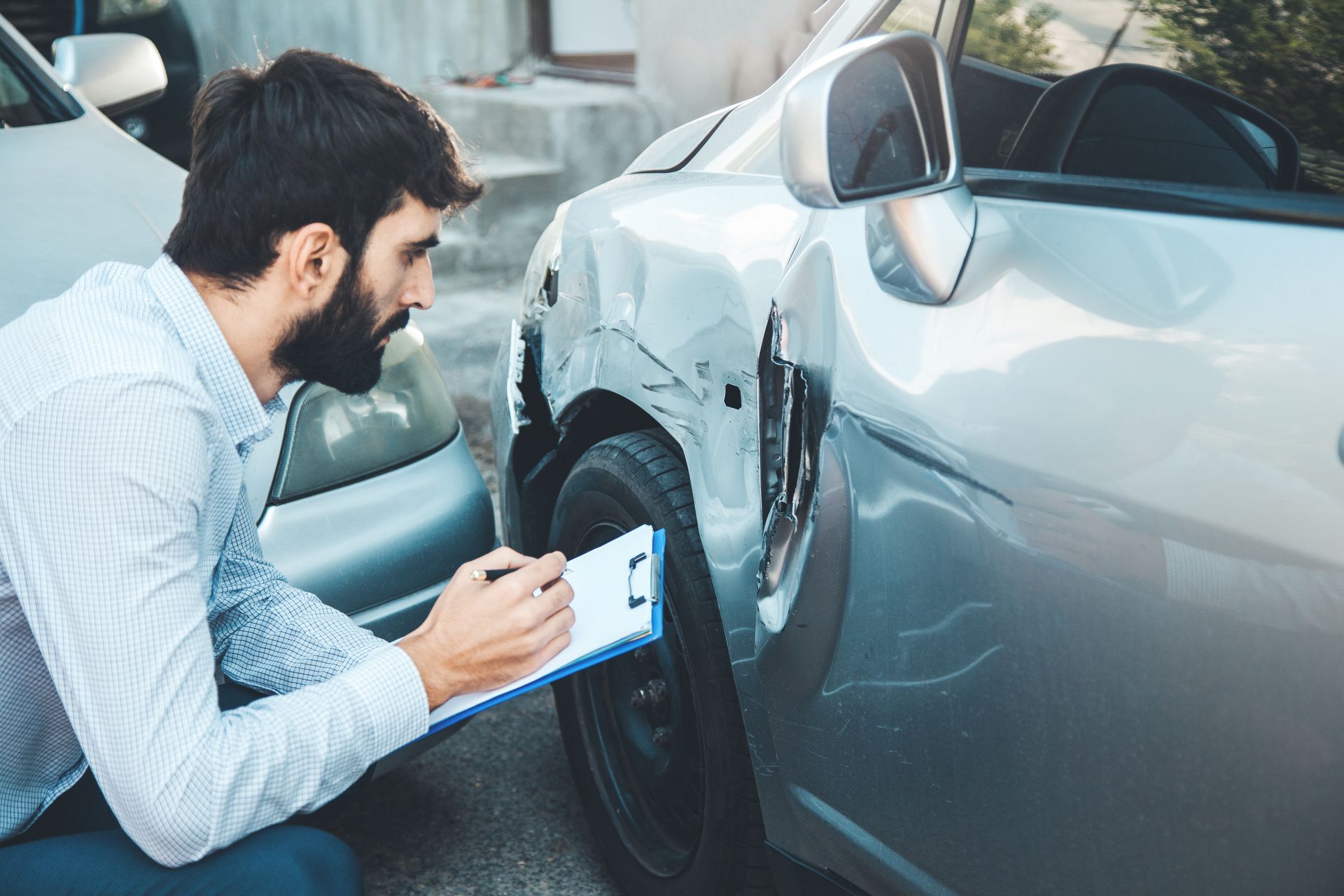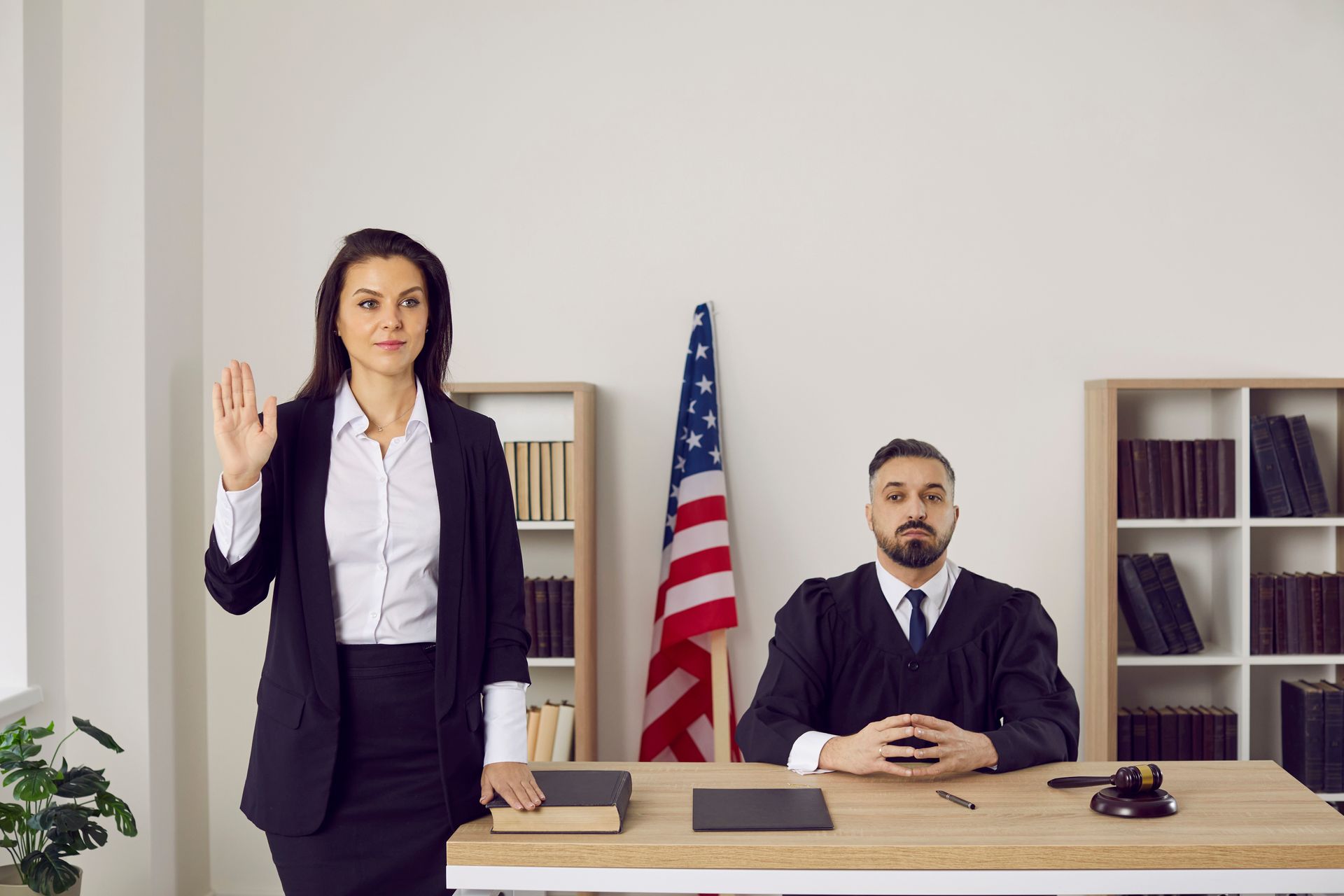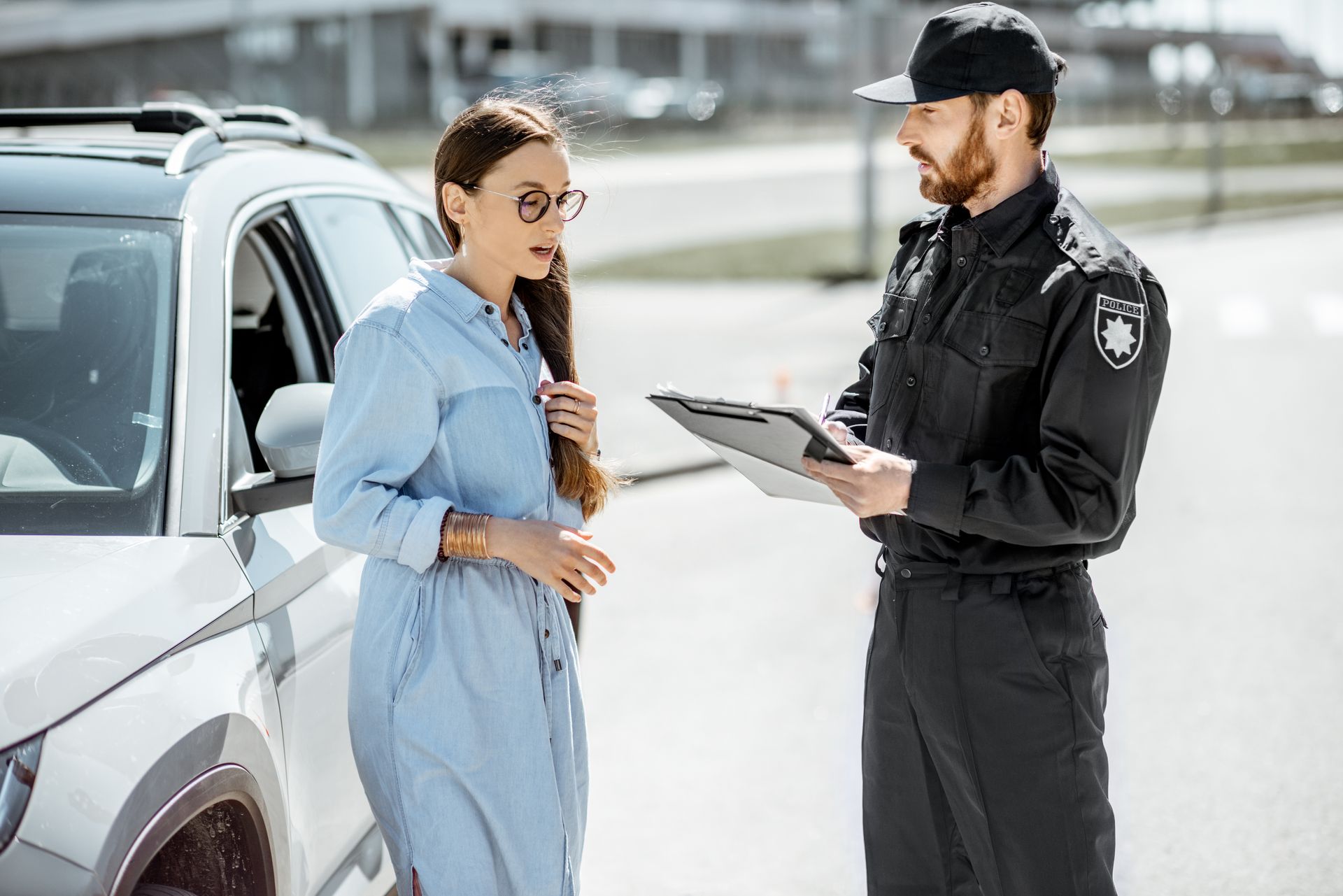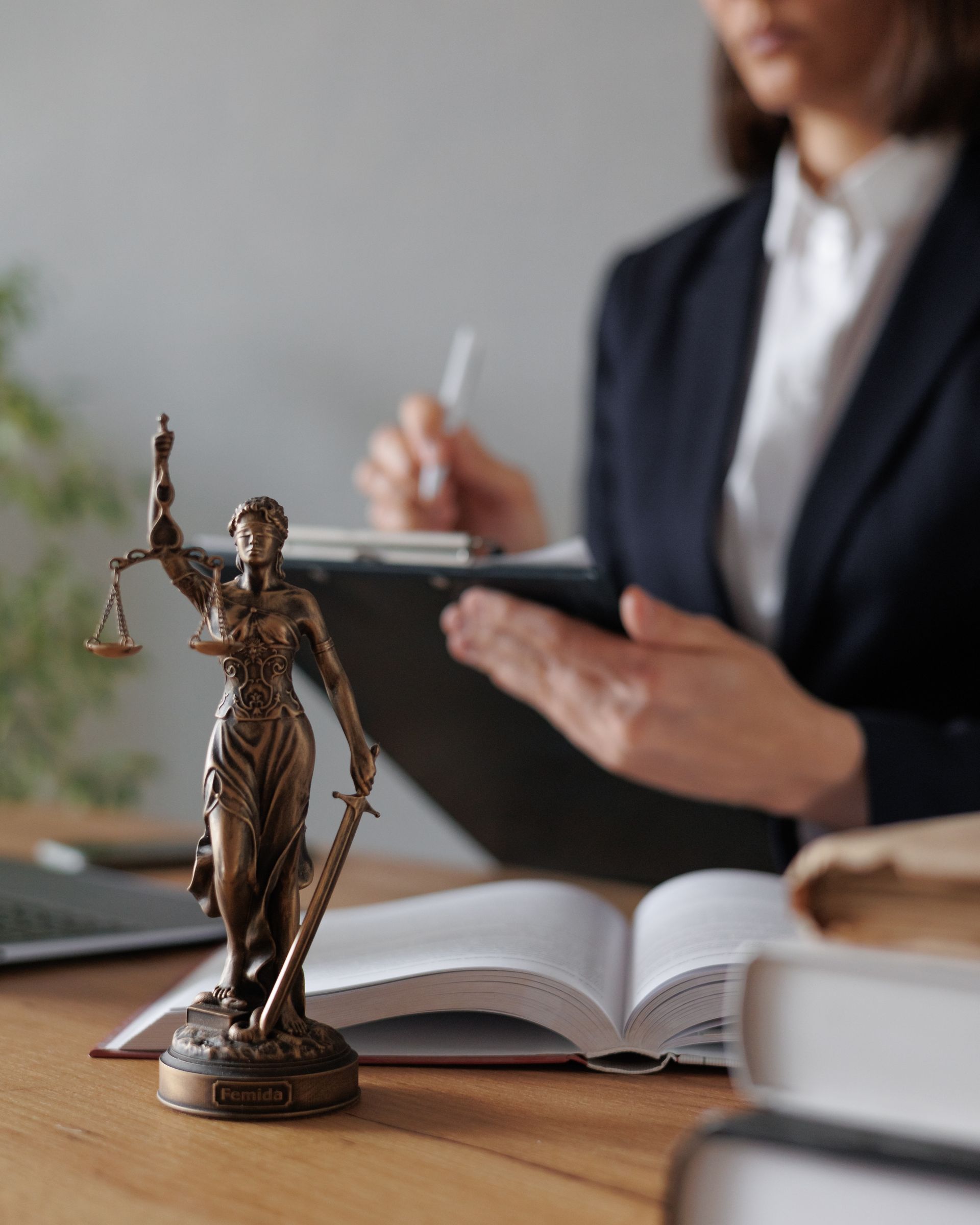How Can Your Testimony Make a Difference in an Accident Investigation?
Your voice matters—learn how your firsthand account can help reveal the truth after an accident.

Have you ever witnessed an accident and wondered, "How can my story make a difference?" You may not realize it, but your testimony could play a pivotal role in shaping the outcome of an investigation. Whether it's a minor fender bender or a more serious crash, the details you provide can be the key to understanding what really happened, who was at fault, and how justice will be served.
In this blog, we’ll break down why your testimony matters and how it can have a lasting impact on an accident investigation.
How Your Testimony Helps Authorities and Insurance Companies
- Backing Up the Evidence: Your words can support physical evidence found at the scene. If investigators find skid marks or car damage, your testimony can confirm whether the driver was braking too late or speeding.
- Clearing Up Conflicting Reports: When drivers give different versions of the event, your account can help sort out the truth. By providing an unbiased perspective, you play a key role in resolving conflicting stories.
- Filling in the Gaps: Sometimes, physical evidence alone doesn’t tell the whole story. That’s where you come in! Your statement can reveal things investigators might not have noticed, like erratic behavior before the crash or warning signs that led up to the incident.

What Happens After You Testify?
Once you’ve shared your account, your statement becomes a key part of the investigation. Authorities will use it to piece together what happened, and it will be included in their official report. If the case goes to court, your testimony might even be used as evidence to help the jury understand what took place.
In some cases, you may be called to testify in court if your statement is crucial. Don’t worry! Being a witness is a valuable role, and you’ll simply be asked to share your honest account under oath.
Your testimony is more than just a statement—it’s a vital part of ensuring that the truth comes out and that the right person is held accountable. Whether it's an accident that caused minor damage or a serious crash, your role as a witness can directly impact the investigation and help ensure that justice is done.
If you’ve witnessed an accident, your voice matters! Don’t hesitate to share what you saw with the authorities. Your testimony could make a huge difference in the investigation and the outcome of the case. Share this blog to encourage others to step forward and take responsibility as witnesses. Together, we can create safer communities by ensuring the truth is heard.


